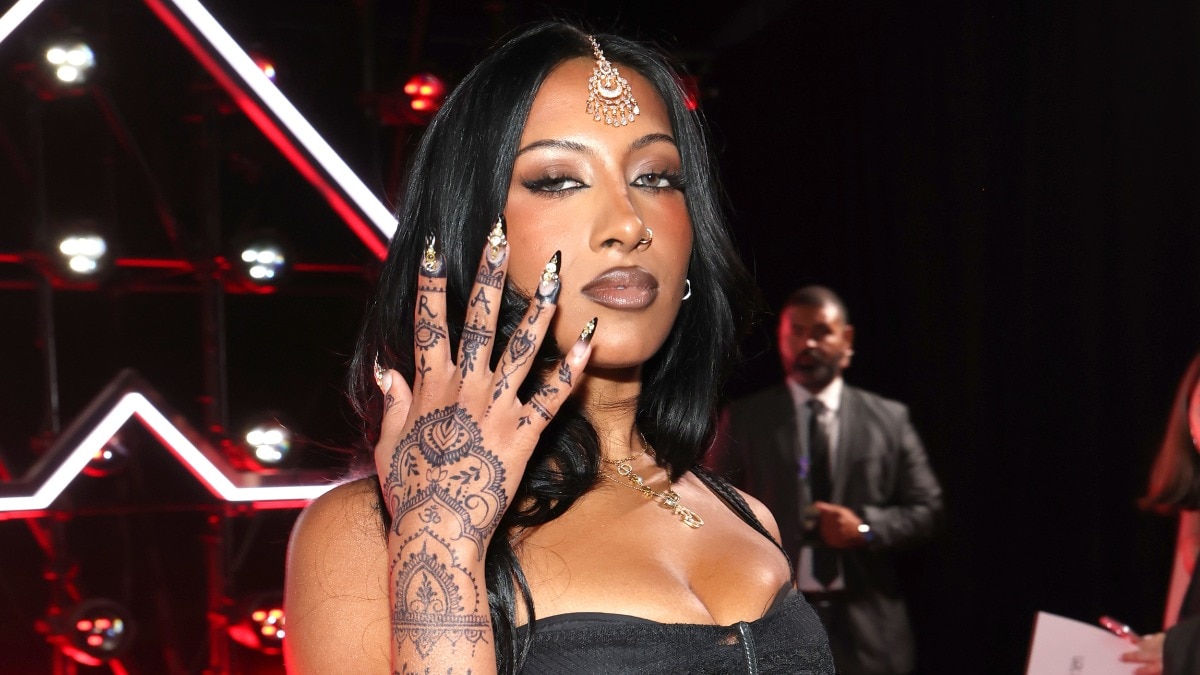Who should pay on the first date?
Counsellors and psychologists give their views.


First dates are special—the excitement, the nervousness, the butterflies, and the first bill. Suddenly, everything is awkward. Like many other men, I have footed the entire bill on many previous first dates to impress my partner. But much has changed in the dating world since, and I can’t help but think how comfortable my current partner and I were when it came to paying the bill on our first date. Neither of us was hesitant to reach out for the bill, and there was no awkwardness in splitting the bill. But is this the case always and with every couple?
According to leading psychologists and counsellors, there is no straightforward or even a right answer to this, and it has a lot to do with the way we’ve been brought up. Most often, with both partners being financially independent these days, going dutch or taking turns at dates is probably the way to go. Here's why...
IT BEGINS WITH THE GROOMING
Our interactions with our family, friends, social media, etc., are instrumental in grooming us. While this is true, Kamna Chhibber, clinical psychologist and head of the Department of Mental Health and Behavioral Sciences at Fortis Healthcare, believes that our thought process is shaped by what we have known to be the most favoured way of being in a particular situation. “The fact that a man is supposed to care and provide for a woman, run the house, etc., are beliefs that society has ingrained ino our minds. Many men feel that they are expected to ‘take the woman out’ and that implies that you pay. This has been ingrained in the minds of men and women, even when we’re transitioning to a system of going dutch or taking turns to pay.”
According to Mehezabin Dordi, clinical psychologist, Sir H. N. Reliance Foundation Hospital, Mumbai, this thinking has roots in the social norm theory. “People conform to societal expectations and norms. Historically, we’ve seen that a man should pay on the first date. This idea is firmly rooted in the gender roles and expectations set by society at a time when women didn’t have any source of income. The man was the breadwinner, which is why he provided. It is important to know that this doesn’t apply in modern times, and individuals have their preferences and beliefs.”
ONE THINKS OF A RELATIONSHIP AS AN INVESTMENT
According to Dordi, the social exchange theory also comes into play here. “People evaluate the cost and benefit of a relationship. One is constantly thinking about the amount they’re investing versus how much they are getting from it. It’s all about maximising rewards and minimising cost. The person who pays more is perceived as more invested, more committed. Taking your date to a 5-star restaurant has more chances of creating an impression on a person than taking them to a dhaba.”
Chibber says it’s also about needs. “You’re trying to impress and show that you can take care. So, a man is satisfying his own needs by fulfilling the roles he needs to take on because that’s what he’s seen growing up. You behave in accordance with your belief system.”
TAKE INTO ACCOUNT THE RELATIONSHIP DYNAMIC
At the end of the day, every relationship is a power dynamic. “How the first date goes, how you communicate and conduct yourself, who pays—everything is a part of the power dynamic. A man paying doesn’t put him in a powerful position, but contributes towards that eventual image of what role he will play in the relationship.”
JUST ENJOY THE MOMENT BEFORE THINGS GET SERIOUS
Dates and relationships are all about timing. Sherene Aftab, founder at Serene Hour Counselling & Career Advice Consultancy, thinks that it’s best to take things as they come and not forget to live in the present. “I think, for the first, second, or third date—when you’re getting to know each other and things are formal—you should dutch. You are not obligated to do or eat something you’re not comfortable with. When you don’t know the other person, you should pay for yourself, so you don't feel guilty about ordering something expensive.” She adds that there are other ways to evaluate a person besides their wealth. “You can gauge a person's generosity or financial health by asking how they spend their free time, what the family does, etc. It’s a gradual process. You don’t want to attract a person for the wrong reasons. You want to be with someone who likes you for who you are and not for your money and vice versa.”
COMMUNICATION IS KEY
“Honestly, it doesn't matter who pays. What matters is how you communicate after that. What has been said? Were you able to discuss your discomfort? The guy could pay and your date still could be horrible. The act is not as valuable as what happens after it. That’s what we need to discuss. It would be a healthy way to move forward,” says Chibber.










